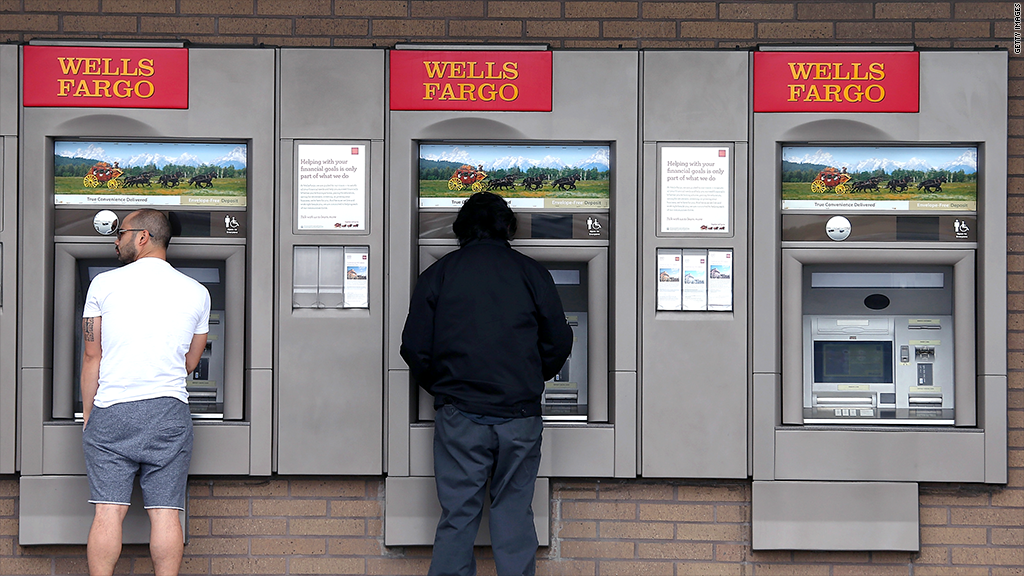
Most people have an overdraft on their account in case of emergencies. However, recent studies have shown that Americans spend a staggering amount on overdraft fees. Overdraft fees are used for more than just emergencies.
Overdraft Fees in the Billions
A recent study from Consumer Financial Protection Bureau indicates that Americans paid a whopping $15 billion in fees on overdrafts and bounced checks in 2016!
The results reported by the Consumer Financial Protection Bureau were obtained by tracking fees. These fees are usually encountered when Americans are making a purchase without sufficient funds in their account. If a bank has assets over $1 billion, they are obligated to report those fees; this enabled the Consumer Financial Protection Bureau to provide a report.
2.2% Increase Compared to 2015
The main thing that stands out from the Consumer Financial Protection Bureau report is that Americans have paid $11.41 billion in overdraft fees; this is a 2.2% compared to 2015.
Naturally, there is a difference between the $15 billion overdraft fees reported by the Consumer Financial Protection Bureau and the $11.41 billion in reported overdraft fees. The difference between these amounts is made up by smaller bank and credit union overdraft fees; this is an estimate though, so the actual amount of overdraft fees could be much higher!
Problems for Lower-Income Household
The large amount of overdraft fees can be explained by lower-income households struggling to make ends meet. While the overdraft could essentially save them, it does mean they are paying through the nose for those fees.
During a press meeting, the director of the Consumer Financial Protection Bureau – Richard Cordray – stated the following on the overdraft fees increase:
“Consumers living on the edge can find themselves racking up numerous overdraft charges.”
“Despite recent regulatory and industry changes, consumers with low account balances and little margin for error continue to pay significant overdraft fees.”
Countering the Problem for Low-Income Americans
The Consumer Financial Protection Bureau claims that clear information is vital. It is currently testing new opt-in forms, to provide Americans with clearer information about overdrafts.
“The form will explain that the opt-in decision applies only to one-time debit card and ATM transactions and does not affect overdraft on checks and online bill payments.”
“They are designed to make clear that debit card and ATM overdraft is entirely optional”
Conclusion
While the efforts of the Consumer Financial Protection Bureau could help some Americans who are not informed about overdraft to avoid some of the fees, the actual problem lies with the current economy. While some people thrive, other people struggle. So, the overdraft is often their only means to make ends meet until a solution comes along.
Money management skills can certainly help low-income families, especially if they are combined with the help that is available to those families. Unfortunately, not everyone is aware of the benefits and the help that is available to them. Therefore, overall information regarding to management could be more beneficial.